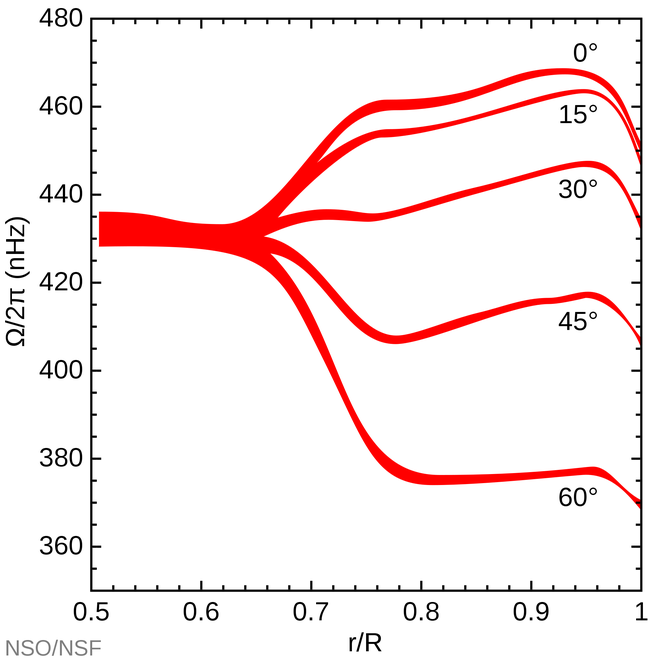Questions:
1. A powerful solar storm on the Sun a week ago produced beautiful aurorae over many parts of the earth on May 10. Such solar storms are more frequent when the Sun nears the peak of its solar cycle — an 11-year period in which the Sun’s magnetic field flips direction. After two solar cycles, the Sun completes one ____ cycle and the field returns to its ‘original’ orientation. Fill in the blank.
2. As the Sun approaches the peak of a solar cycle, its surface develops more and more X. From the earth, Xs look like small patches darker than their surroundings, which is the case because these patches have more intense magnetic fields, which makes them cooler than other areas. What is X?
3. The positions at which X (from Q2) appear on the Sun differ depending on which phase of the solar cycle the star is in. Name the German astronomer for whom this law is named.
4. What is the name of the process that produces the Sun’s magnetic field? Scientists don’t fully understand how it works but believe that it converts the kinetic energy from differential rotation in the star’s interiors and the movement of heat into electromagnetic energy.
5. In a period of around seven decades, the Sun produces roughly 50,000 sunspots. What is the name given to the 70-year period between the years 1645 and 1715 when the Sun produced an unusually low number of sunspots? The reason for this anomaly remains a mystery.
Visual:

This graph shows the different rates of rotation of the Sun’s outermost layers (towards the right) versus the uniform rate in its interior. What is the transition between these two regimes called?
Answers:
1. Hale cycle
2. Sunspot
3. Gustav Spörer
4. Solar dynamo
5. Maunder Minimum







